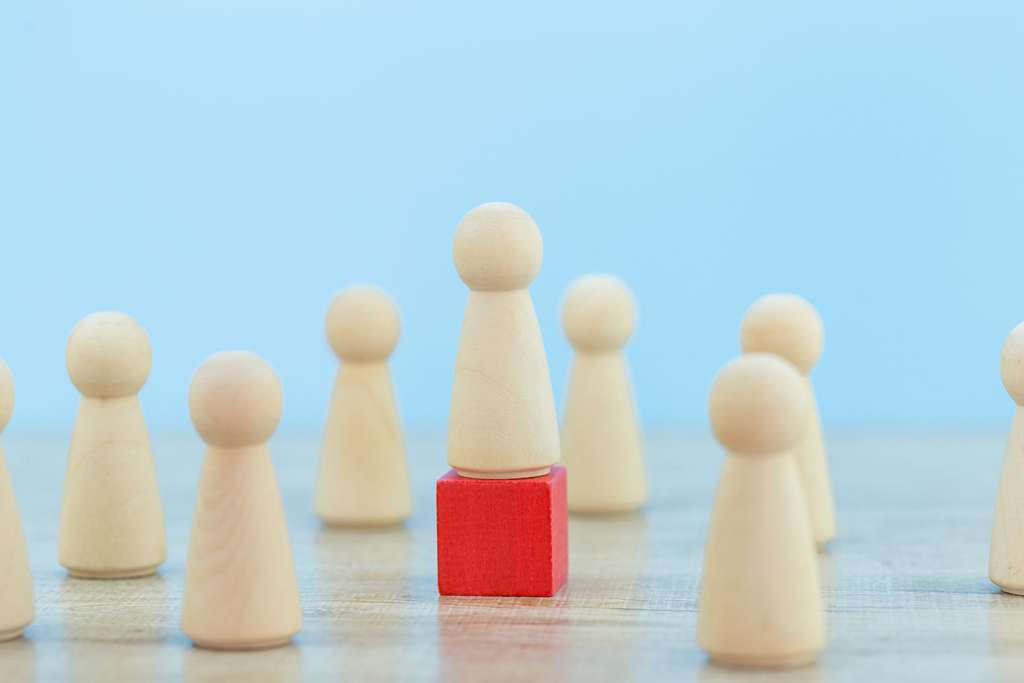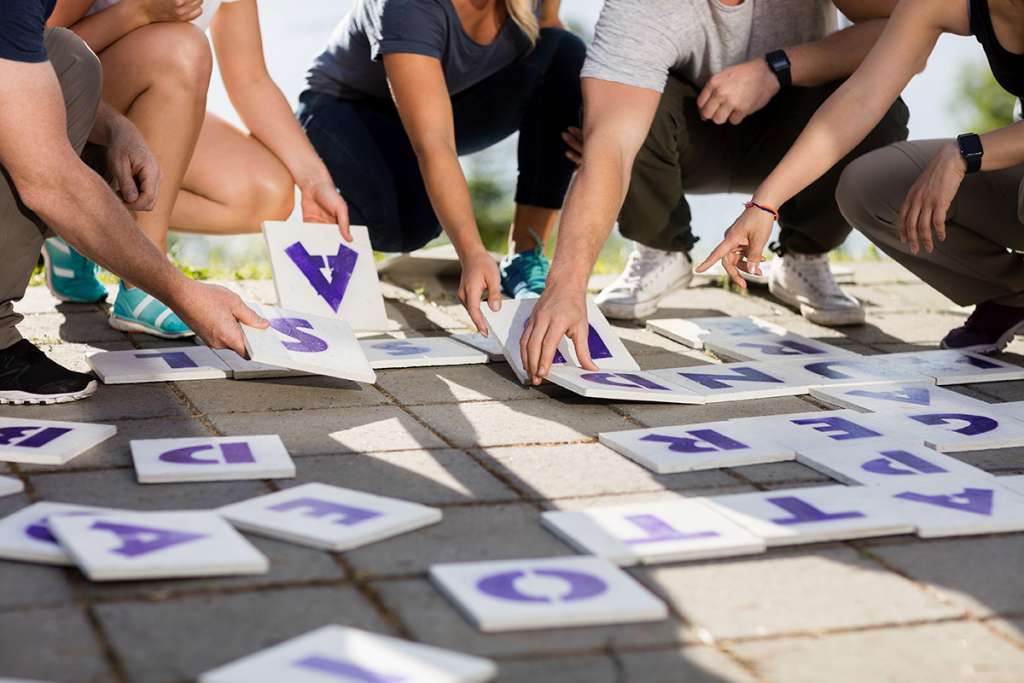“Coming together is a beginning,
Keeping together is progress.
Working together is success.”
(Henry Ford I)
Team Building and Team Development
Die Leistungsfähigkeit eines Unternehmens hängt weitgehend davon ab, wie gut die Zusammenarbeit zwischen den einzelnen Abteilungen und zwischen den einzelnen Mitarbeitern klappt. Egal wie teuer der Maschinenpark auch sein mag, es sind immer die Menschen, die Ergebnisse bringen. Dies am besten Hand in Hand – durch erfolgreiche und engagierte Zusammenarbeit. Zusammenarbeit lässt sich nicht anordnen, sie will gelebt sein. Wenn Menschen neu zusammenkommen oder sich die Teamzusammensetzung ändert, braucht es ein Zusammenrücken, um gemeinsam erfolgreich zu sein. Zusammenarbeit wächst nicht über Nacht. Ein reifes, leistungsfähiges Team entwickelt sich erst nach und nach – nachdem es Probleme gelöst, Beziehungen vertieft und
That depends on the size of the team but most of all it depends on the topics that need to be
That depends on the
The manager is also a member of the team. Admittedly in a higher position but nevertheless an essential part. Especially when there is a change in management, can a team workshop help to
An essential element is to establish a helpful, and for the respective team, suitable feedback culture. The point here is not for you to expose yourself or give away secrets but to find out
Entscheidend für den Erfolg oder Misserfolg im beruflichen Arbeitsfeld ist nicht, wie ein Mensch ist, sondern wie er von anderen wahrgenommen wird. Wenn ich weiß, wie ich auf andere wirke, hat dies zwei wesentliche Konsequenzen: Erstens verstehe ich das Verhalten meiner Mitmenschen mir selbst gegenüber besser und zweitens kann ich entscheiden (so ich das will), mein eigenes Verhalten besser – zielorientierter und situativ angepasster – zu steuern. Ein persönliches Feedback unterstützt zum einen die Schärfung der Selbstwahrnehmung des Einzelnen als Voraussetzung für eine bessere Steuerung des eigenen Verhaltens und zum anderen das Entwickeln von Offenheit, Ehrlichkeit und Vertrauen in den
Please send us a mail. We will gladly give you advice and support; together we can develop the exact workshop/training for your team and your work situations as well as finding answers to your questions and helping to iron out any unclear issues.
Team Building and Team Development




